|
Change takes time, and in the case of the Curl Curl - Freshwater Connectivity and Streetscape Upgrade, lots and lots of time. The Northern Beaches Council first considered options to better connect the Sydney suburbs of Curl Curl and Freshwater in 2021. Though a shared path was originally proposed, an outpouring of community support for a separated cycleway saw it approved in April 2022 and works began in November 2022. This was a massive win for the community. The cycleway will connect thousands of homes, shops, two schools and several parks to the existing cycleway network. An outline of the cycleway’s 1.4km route within the planned cycleway network is shown below. However, since work began it hasn’t been smooth sailing. Local residents encountered issues such as not knowing where to park or how to access their driveways, and narrowed lanes made it more difficult to turn safely. After community outcry, work was paused in June 2023 and partially reversed, for further community consultation and refinement. Following further community consultation, the option of a shared pedestrian-cyclist path was revived as a compromise. Better Streets Northern Beaches firmly objected to the shared path option, the reasons including:
Throughout this process Better Streets Northern Beaches has worked with Northern Beaches Council to complete this cycleway. Better Streets Northern Beaches and Bicycle NSW have lodged several joint submissions and met with the project team on multiple occasions. Following these discussions Council’s team implemented several suggested changes such as additional landscaping along the route. Crucially, after Better Streets' advocacy with strong support from the community, Councillors voted in April 2024 to move forward with the proposed separated cycleway, pending Transport for NSW feedback. An artistic render of what the cycleway might look like when complete is given above (title image). Better Streets Northern Beaches wholeheartedly supports the Curl Curl to Freshwater Cycleway and hope that this marathon journey to deliver a cycleway is coming to an end. The project will not only provide a new and safe Active Transport connection, but will deliver a whole host of other benefits including:
While this project, like so many others, has encountered hurdles and delays we are confident that once complete, the community will wonder how they ever lived without it! Nevertheless, advocacy for Better Streets for the Northern Beaches continues. Recently we’ve:
Better Streets Northern Beaches is currently gearing up to formally register as a community group with Northern Beaches Council, which will strengthen our ties and ability to work constructively with the Council . If you live on Sydney’s Northern Beaches and want to follow or join us on our mission for safer and more active communities, please reach out on Facebook or [email protected], we’d love to have you on board!
1 Comment
Did you know that around 60% of car trips in Sydney’s Inner West are under 5 kilometres? That’s a short distance – perfect for hopping on a bike! But here’s the catch: our street designs prioritise driving over walking and riding a bicycle...
This means pedestrians have to cross wide streets without protection, and bike riders are often squeezed between parked cars and speeding drivers. The Inner West’s bike advocates have been inspired by our neighbours in the City of Sydney. They’ve shown us that high-quality cycleways can be built rapidly, transforming the way people move around the city. Safer infrastructure means more riders, less congestion, better health outcomes, and increased independence for students and mobility scooter users, too! The Inner West Council has worked hard on a Cycling Strategy, but we've yet to see much action on the ground. With a train line closing for upgrades, and new urban highways causing unprecedented congestion, the Inner West Bicycle Coalition has started a petition to show council that we want and need more cycleways now! Join us in creating a safer, greener, and happier Inner West. Sign the petition, share it with your friends, and let’s pedal toward a brighter future! 👉 Sign the Petition here: https://www.change.org/SafeCyclingInnerWest At its 4th June meeting, the Inner West Council unanimously voted for the motion raised by Councillors Dylan Griffiths and Tim Stephens on our petition. The council resolution acknowledged our petition and has requested council staff to produce a report outlining opportunities to accelerate cycleway delivery. However, we need more than a report to improve our streets! Whether you’re a school kid, a daily commuter, or a cargo-bike enthusiast with toddlers, pets, or groceries, we want you to reach your destination safely and with a smile. Remember, every signature counts! Together, we’ll turn our streets into vibrant, bike-friendly corridors. 🌟 Happy cycling! Better Streets welcomes the Transport for NSW Implementation review of the TfNSW Road User Space Allocation policy. In January 2021, when the Road User Space Allocation (RUSA) policy was released, it marked a monumental step in the organisation’s growth in strategic planning. The two-page policy was short, but achieved its purpose in allowing the organisation to have real conversations about Road Space Allocation. The principles of the policy are:
The review found, there have been enormous challenges with actually implementing the policy or holding anyone accountable and seeing changes in projects provisioning for more space for people walking, riding to improve sustainable transport options on our roads. Some of the findings were:
Better Streets encourages Transport for NSW to adopt these recommendations as soon as possible and ensure the transition process is adequately funded and well resourced. This is a massive change management exercise that will require a strong team and committed leadership. We can’t afford to build more road space for private motor vehicle use if we want to live in healthy, sustainable, liveable places. Stronger policies like this RUSA policy (with measurable targets) are required to ensure we build safer, more enjoyable places for people to walk and ride a bicycle, and operate businesses. The recent decision to build a pedestrian bridge over Dobroyd Parade, better known as the CityWest Link (CWL), at the intersection with Waratah Street in Haberfield, is a continuation of the dismantling of an environment conducive to walking and riding, and replacing it with one that is hostile and discouraging where it is most prevalent [1]. While Transport for NSW (TfNSW) claims the bridge prioritises a “safer crossing for pedestrians”, there is a question as to whose interests it really serves. Presently the intersection supports motor vehicles travelling into and out of Haberfield using the CWL. The pedestrian crossing at the Waratah Street intersection is a critical connection to Timbrell Park for Haberfield and North Ashfield residents. Timbrell Park is an extensive and popular recreational area supporting a flagship Livvi’s Place Playground and Cafe (designed based on Inclusive Play principles) [3], running, cycling and BMX tracks, numerous sporting fields and a focal point for active and passive recreation such as dog walking and yoga/ pilates. The final bridge design will provide access via stairs and a lift at each end. There will be no ramps, requiring all those who cannot negotiate two sets of stairs to rely on a lift that may or may not be functioning. While traffic lights will remain to govern the flow of cars, ground access to the crossing will be denied to people walking and riding, with their way to be blocked with fences and concrete barriers. Community engagement with the proposal reflected concern at the extent to which the removal of the at-grade crossing would discourage and exclude people who wanted to walk, ride or roll to the park. There is a body of research supporting this concern. Solioz and Lopez [4] have noted: If a [pedestrian bridge] is not universally accessible, convenient and well-utilized by a diversity of active travelers, then it might be better described as a disabling apparatus, a monument of immobility or an anti-pedestrian bridge. The Inner West Council initially argued for the crossing to be retained at-grade with a single phase, while the Haberfield Association found that TfNSW had no interest in remedying its own experience of unsafe driving behaviour. Despite abundant traffic cameras, they are only for flow management rather than enforcement of dangerous driving. It became apparent that giving over the space entirely to cars was more the priority. [5] In this way the community itself arrived at the conclusions of the Institute for Transportation and Development Policy (ITDP) [6], …by displacing people, pedestrian bridges simply reinforce the dominion of vehicles over people on the streets. Pedestrian bridges discourage walking and cycling and exacerbate poor road safety for drivers, pedestrians, and cyclists alike. Separating people from the street reinforces the prioritization of personal motor vehicles, while encouraging speeding, driver negligence, and traffic fatalities. The millions of dollars that this bridge, (estimated cost $9 million [6]) will cost could be better used to build better connections for people walking and riding bicycles in the neighbourhood. [1] WalkSydney, 2024. WalkSydney’s submission to the current Parliamentary Inquiry into the Impact of the Rozelle Interchange
[2] For more information on Livvi’s Place playgrounds see https://www.touchedbyolivia.com.au/ [3] Soliz, Aryana & Pérez López, Ruth. (2022). ‘Footbridges’: pedestrian infrastructure or urban barrier? [4] The Haberfield Association. (2023). https://haberfield.asn.au/cwl-waratah-st-bridge-habas-submission/ [5] Institute for Transportation and Development Policy (2024): "Pedestrian Bridges make cities less walkable why do cities keep building them?" [6] Compared to the (shorter) Heathcote pedestrian bridge at Princes Highway which is reported to have cost $5.5 million in 2014, an estimated cost for the Haberfield bridge (+32% as per the relevant ABS cost index and an additional margin to account for the longer bridge) is around $9 million. Better Streets will speaking at a a panel discussion at the Wurridjal Festival.
Where: Hurlstone Memorial Reserve Community Centre in Hurlstone Park, NSW When: Thursday March 28, 6-8pm Panel Discussion Topic: Human health and river health - How do they come together on the Cooks River? How is the health of the Cooks River and the health of the communities linked? What does it mean to have a healthy urban river and a healthy community? The river connects to the streets of our neighborhoods. The rainwater connects the river to the bay. We connect to each other along the shared river path. How do we rethink these vital connections to green and 'blue' public spaces, to ensure a healthier city and river? This discussion forms part of the Wurridjal Festival. This celebration of strong communities and ecologies along the Cooks River, held between 14 March and 7 April, features over 30 free events including walks, clean-ups, bushcare and cycling. The Festival aims to reconnect communities with First Nations knowledge and care for Country by marking the start of a season when mullet (‘wurridjal’ in the Aboriginal languages of the Sydney region) enter the Cooks River during their pre-spawning migration along Australia’s east coast. Guests: Jennifer Newman (Wiradjuri woman, Cooks River Valley Association), will be joined by Dr Megan Sharkey from Better Streets, Kiran Kashyap from Regen Sydney and Dr Andrew Thomas from the Cooks River Alliance, to discuss the Cooks River, as an active transport corridor, animal habitat and public space. Exciting news from Better Streets! We're thrilled to announce a significant achievement in our ongoing efforts to promote active and safe travel for school children in New South Wales. After a series of strategic meetings with ministers, parliamentarians, and participating in pivotal workshops, we have successfully influenced the NSW Government to allocate $10 million towards Active Travel to Schools. This funding is part of the broader $60 million Get Active NSW annual grants program. A Step Towards Safer, Healthier School Commutes The funding earmarked for Active Travel to Schools is a game-changer. It opens doors for essential infrastructure developments around school areas. Councils across NSW can now apply for this funding to construct and improve footpaths, shared paths, pedestrian crossings, and potentially develop 'school streets' – zones prioritizing the safety and mobility of young students. The Role of Better Streets Our journey to this point has been one of persistent advocacy and collaboration. The Better Streets team, including our member organisations, have been at the forefront to engage in meaningful dialogues with key government stakeholders. Our goal is clear: to ensure that the safety and well-being of our children are at the heart of urban planning and development, especially in school zones. We recommend that 75% of school children should be enabled to walk, ride, scoot or catch public transport to school. The Future of Active Travel This funding is not just about infrastructure; it's about fostering a culture of active travel among the younger generation. Encouraging walking, cycling, and other forms of active commuting to school has far-reaching benefits, from reducing traffic congestion to promoting physical health and environmental awareness among students. Call to Action for Councils, Parents, and Teachers The first round of funding applications is due by mid-December. We strongly encourage councils to take advantage of this opportunity. But the engagement doesn’t stop there. We also call on parents, teachers, and school communities to think creatively about how this funding can best be used to enhance access and safety around their schools. Looking Ahead While this is a significant milestone, it's just the beginning. We anticipate additional opportunities for funding in the future, aiming to expand the reach and impact of the Get Active NSW program. Better Streets remains committed to advocating for safer, healthier, and more sustainable communities. Together, let's transform the way our children travel to school, making each step, pedal, or stride a part of a larger movement towards a better, more active future. The 2023 NSW State Budget was released in mid September. But does it improve our streets or is more needed? We analysed if the budget supports better streets. The 2023 NSW Budget only allocated 0.13% of the transport capital works budget, or $3 per person every year, for walking and cycling infrastructure across the whole state. This is less than a cup of coffee, and is nowhere near enough to increase participation and safety, despite this being the NSW Government’s objective in its Active Transport Strategy. By comparison, Ireland allocates 20% of its transport budget to active transport while Sweden allocates 18% in line with the UN’s recommendation to prioritize people over cars in the transport system. Greater Manchester in the United Kingdom is spending £54 per person (AU$102 per person) on cycling infrastructure. Such a substantial commitment to active transport is critical to reducing emissions, as well as improving community health and wellbeing outcomes. Better Streets would like to see the NSW government commit to $55 per person per year for active travel as follows: What can you do?As a member of the public, you have a right to ask our politicians for more funding, and influence next year’s budget. By presenting a united front, our message is more powerful.
Your advocacy matters, and together, we can create the change we want to see in our communities. More is spent on other transport infrastructure every day than on active transport over two years. $72.3 billion for transport infrastructure: The budget allocates a whopping $72.3 billion for transport capital works over four years, which is $1.5 billion a month, or nearly $50 million a day. In other words, we spend more on transport infrastructure a day than we do for active transport over two years! $97.9 million for Active Transport capital works: The Active Transport capital works budget is $97.9 million over 4 years. This is just 0.13% of the transport capital budget, or $3 per person every year.
Active Transport funding as operating expenditure: In August 2023 the government announced $39.5 million for the Get Active NSW grants program which will fund 80 walking and cycling projects in 50 councils across NSW. This is reserved in the operating expenditure budget. This is presumably in addition to the $10.5 million that was already allocated, bringing total grant funding to $50 million for this year. Call for volunteers to help organise the End of Year catch up in Sydney.
Date: 16 December 2023 Time: 10am to 2pm Location: Centennial park (exact location to be confirmed) Bring: Families, Friends, furry friends, music, snacks Activities: Small group ride, live music, good company and banter Register on the Facebook invite: link We're excited to share with you the progress we've made in our recent meetings with key New South Wales politicians. Our advocacy efforts are gaining momentum, and we're at the forefront of conversations that will shape the future of our streets. These conversations are pivotal in encouraging our politicians to make decisions that ensure streets are not just roads but vibrant community spaces.
Regular Engagements with Minister Haylen's Office We've successfully established a regular quarterly meeting with Minister Haylen's office, the Transport Minister. Our most recent discussion was both productive and promising. We delved into the potential of launching an active travel to schools program for NSW. This initiative is close to our heart as it not only promotes healthy and safe access for our children but also reduces traffic congestion during peak school hours. We provided a range of options for a program in the short to long term, and examples of successful pilot projects throughout NSW. Furthermore, we discussed setting mode share targets and provided advice on rallying community support for the Oxford Street streetscape upgrade and cycleway in Paddington. Meeting with Dr Marjorie O'Neil MP Our advocacy for active travel to schools found a passionate supporter in Dr Marjorie O'Neil MP, the Parliamentary Secretary for Transport. As with Haylen's office we provided further insights on this topic and gave practical advice on how such a program would roll out to councils and schools. Joining us in this meeting was Safe Streets for Schools, along with members experienced in Sydney's Northern Beaches and Eastern suburbs. Their insights and experiences added depth to our discussions, ensuring a holistic approach with practical advice. Workshop with Transport for NSW In collaboration with Bicycle NSW and BIKEast, we participated in a workshop led by Transport for NSW on the Oxford Street streetscape upgrade and cycleway. Our role was to guide them on collaborating with us and our coalition members to rally community support. We also provided feedback on the proposed street design layout and offered suggestions on framing messaging and timing for maximum impact. Upcoming Meeting with John Graham We're scheduled to meet with John Graham, Minister for Roads and Arts, this week. We're eager to discuss our vision and gain his insights on roads, outdoor dining and the 24 hour economy. Our Commitment One of our core purposes at Better Streets is to consistently engage with key decision-makers and politicians in government. We believe in supporting them in making bold and necessary steps to improve streets for people. Our goal is to ensure that our streets are not just thoroughfares but spaces where communities thrive. Thank you for being a part of this journey. Together, we can make our streets better for everyone. Fairlight community members and businesses have partnered with Northern Beaches Council to host a street party in the village centre on Sydney Road. The slip road opposite the main shops will be closed to cars and traffic speeds reduced from 60 to 40km/h, allowing the village to come together and celebrate local artists, makers, musicians and community groups. There's a packed agenda with yoga classes, salsa classes, and a DJ. Come and join in the Fairlight fling. Event Date: Saturday 9 September 2023 Time: 10am to 2pm Location: Fairlight Village Centre, 147 Sydney Road, Fairlight NSW. 10 minutes walk from Manly Wharf or the 144 bus drops you in the heart of the village Event website: link The installation of temporary infrastructure such as artificial grass, planters, outdoor furniture and garden games on the road (often referred to as tactical or guerilla urbanism) will be a great opportunity to highlight the benefits of creating additional space for people and improving the safety of our streets.
Better Streets will be launching a new online mapping tool on the day that will allow community members to highlight opportunities to create safe, healthy, people-friendly, climate-friendly streets. Call to action: Better Streets are looking for volunteers to help with the event. We need:
|
Archives
July 2024
Categories
All
|




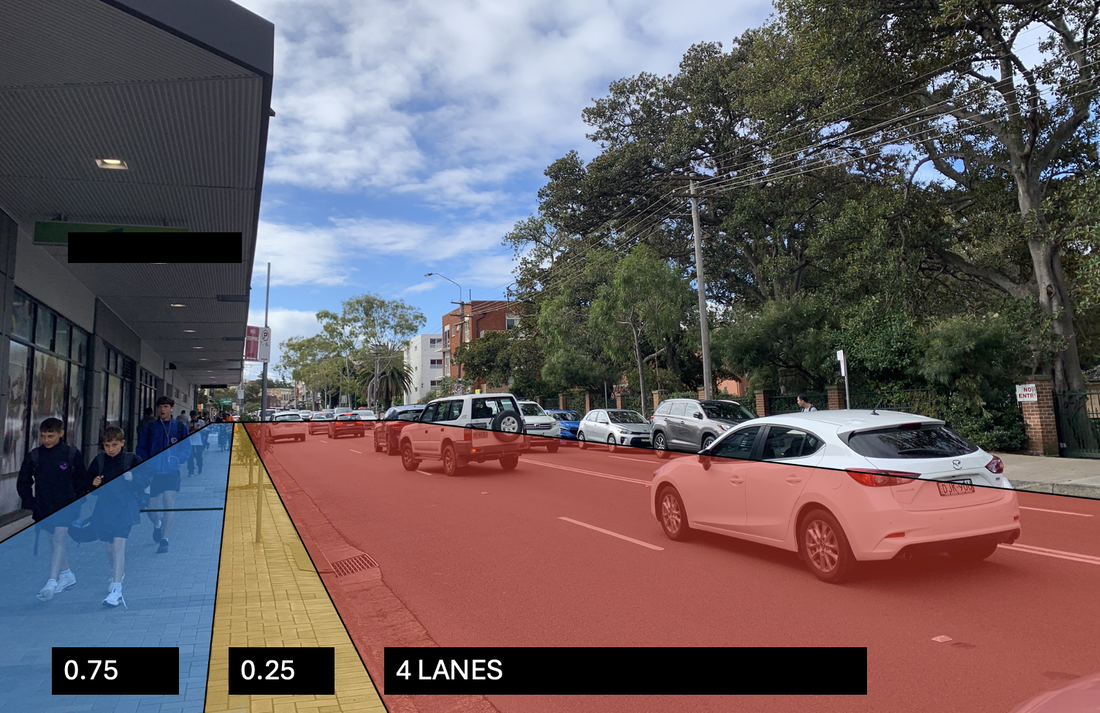
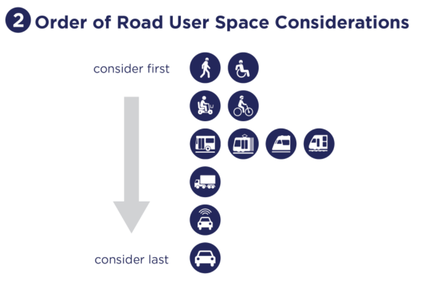
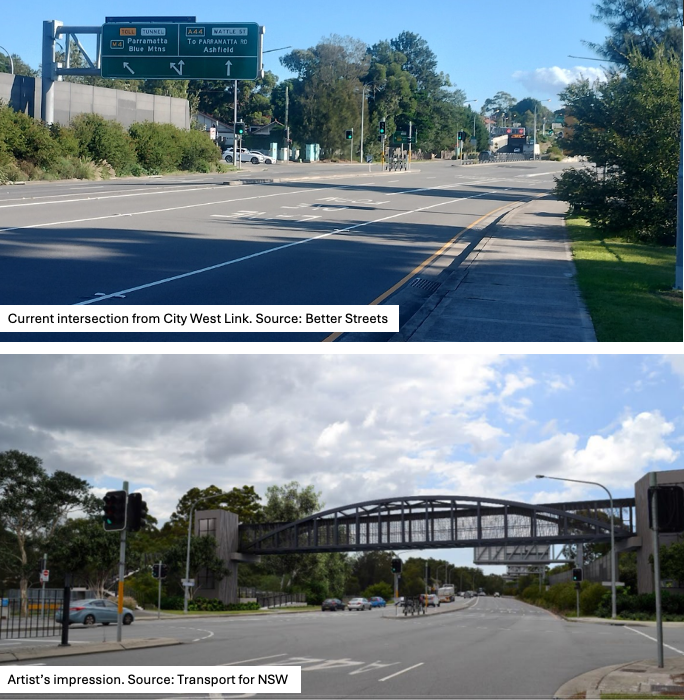
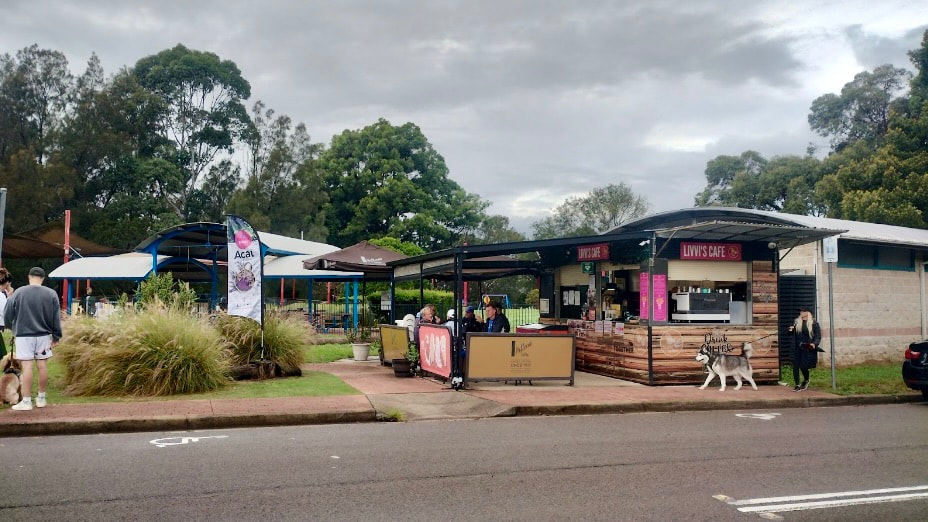
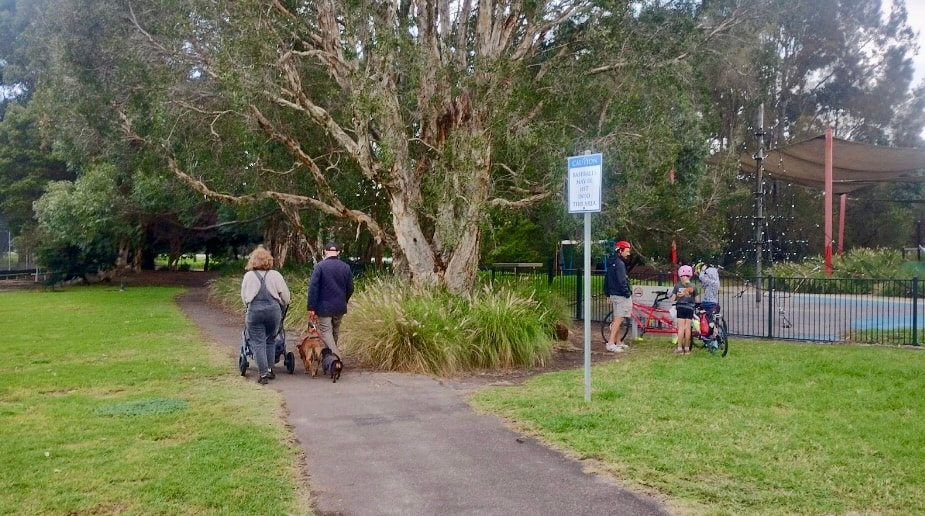
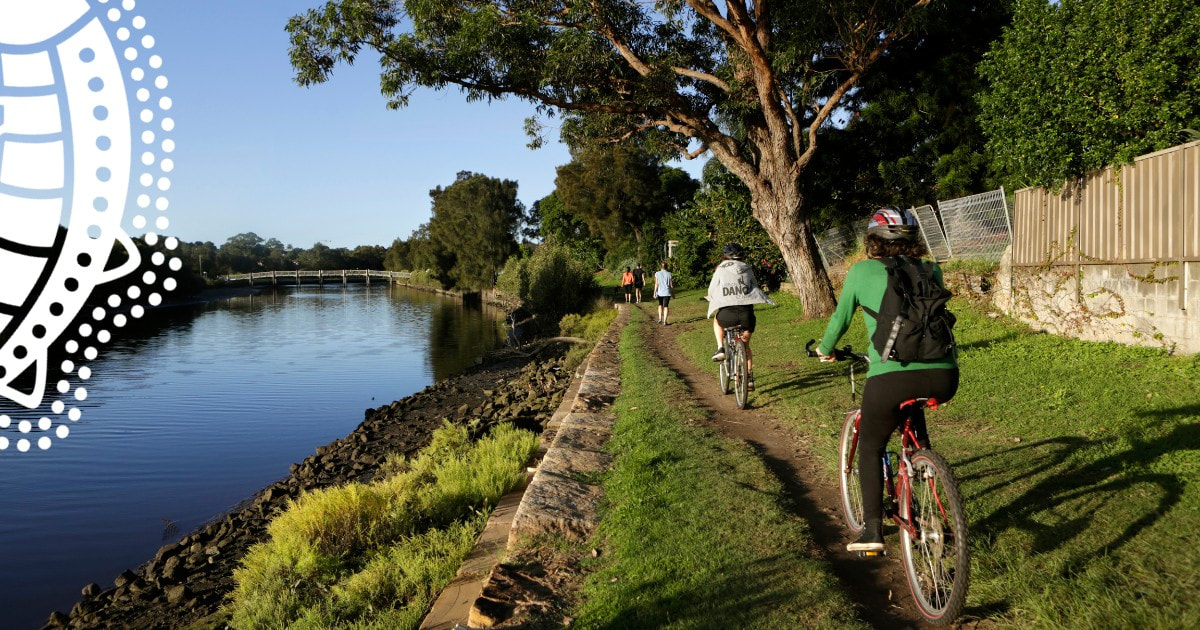
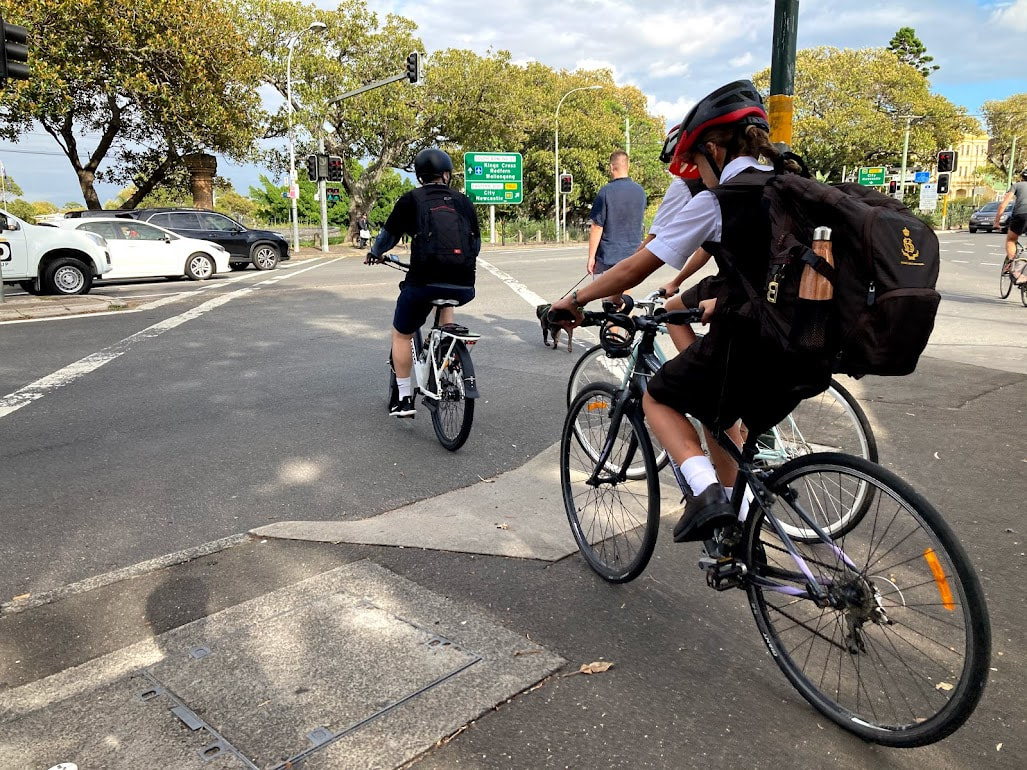
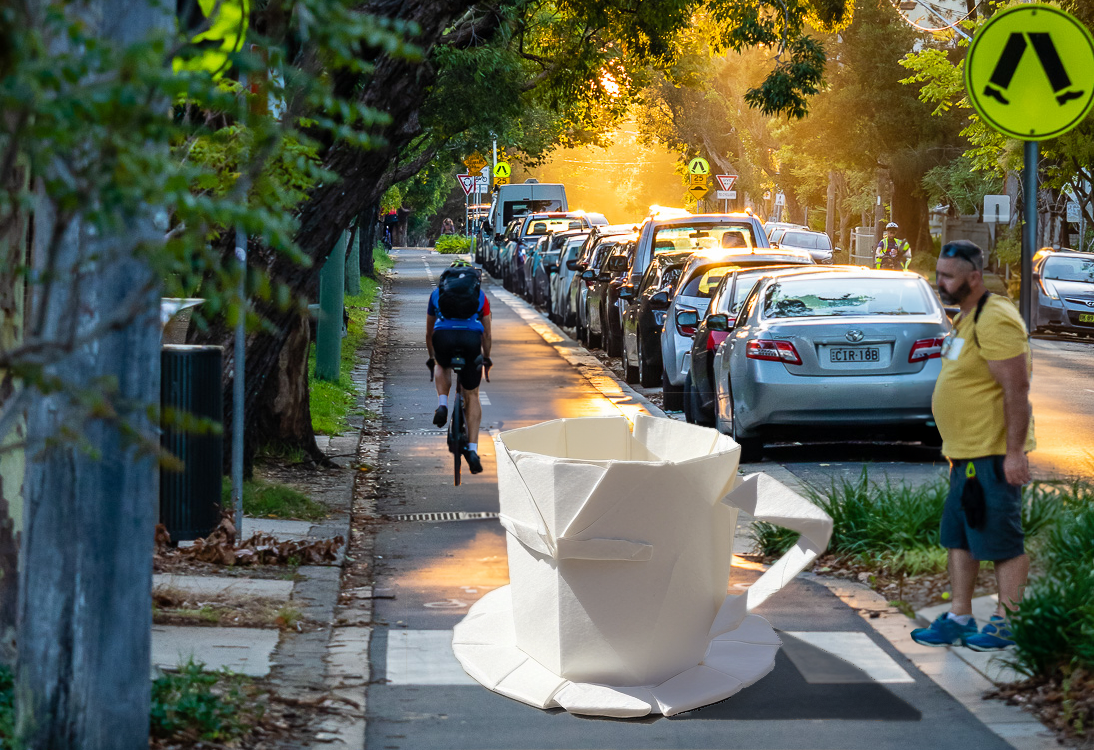
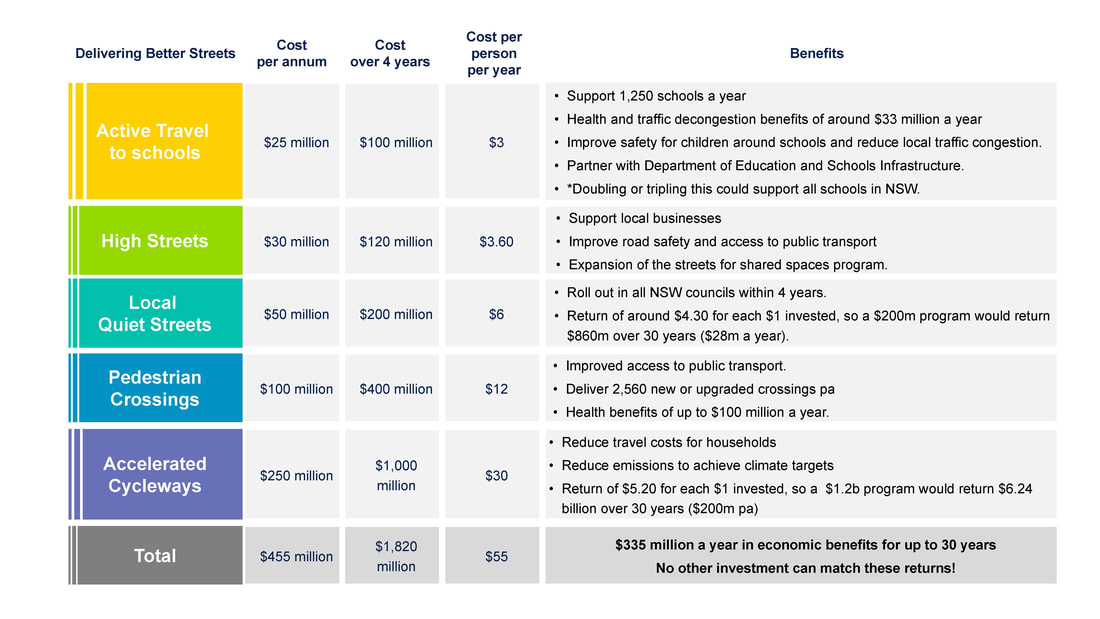
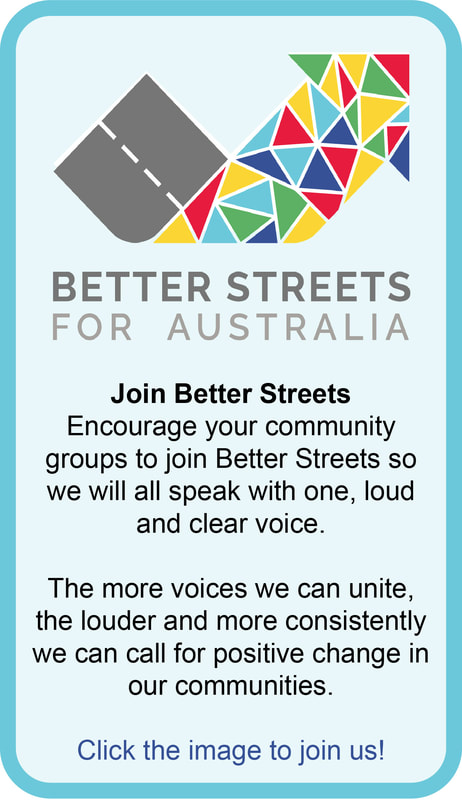
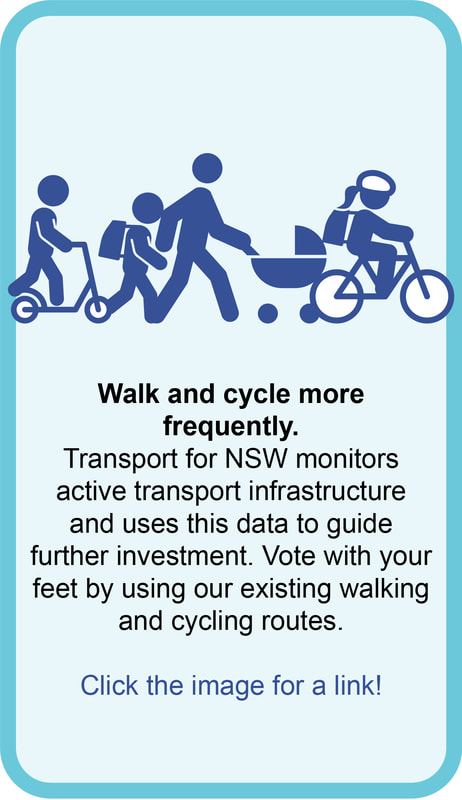

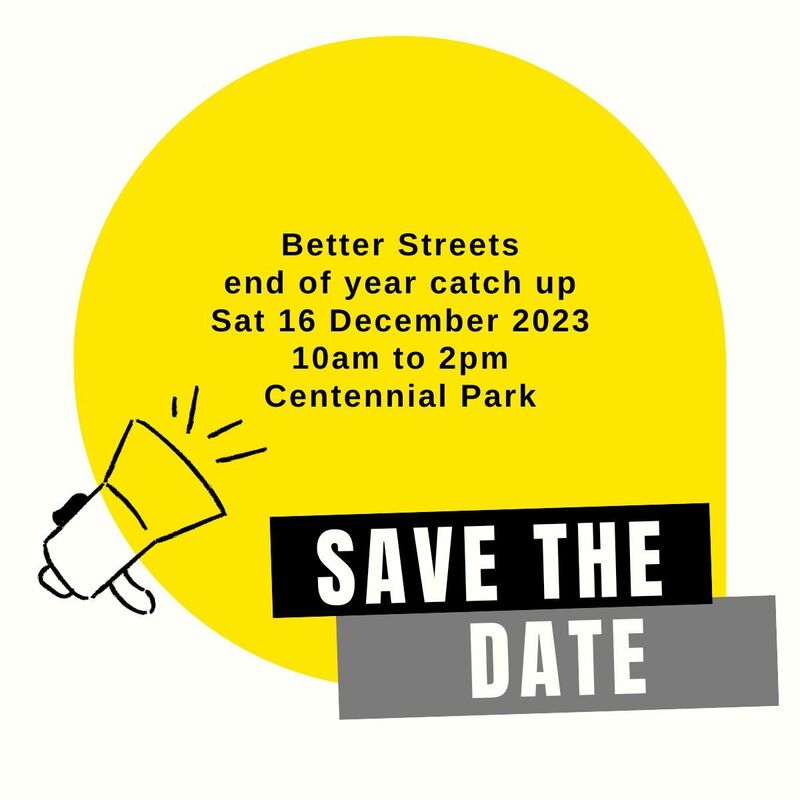
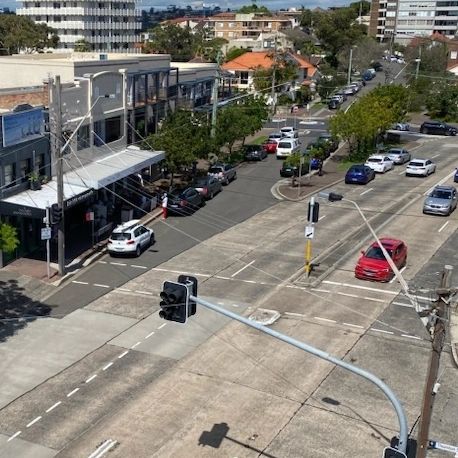
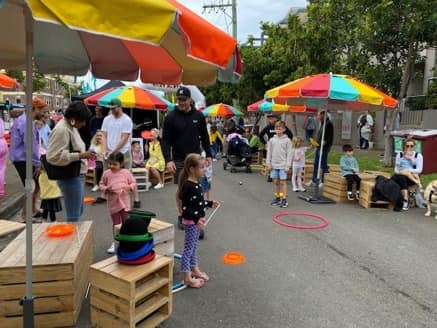

 RSS Feed
RSS Feed